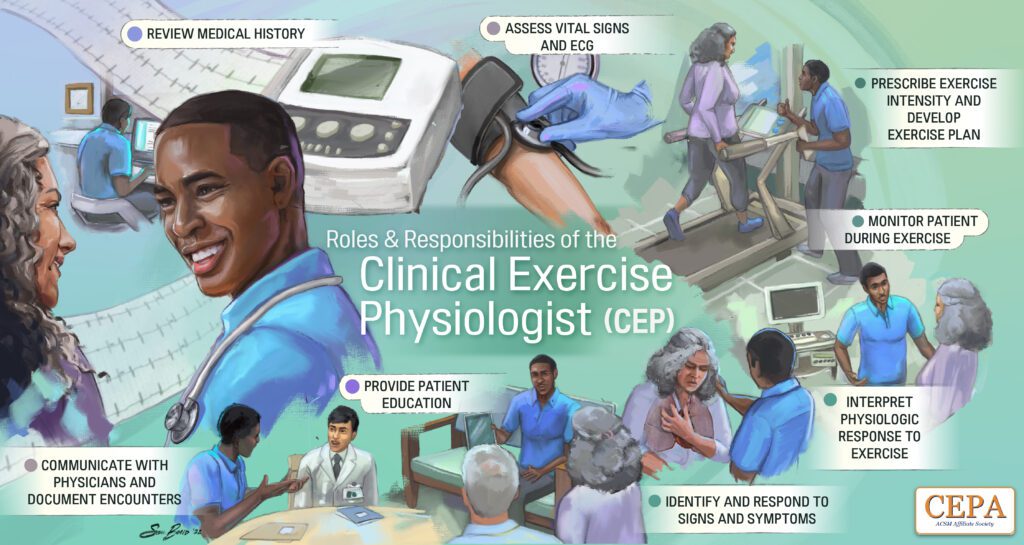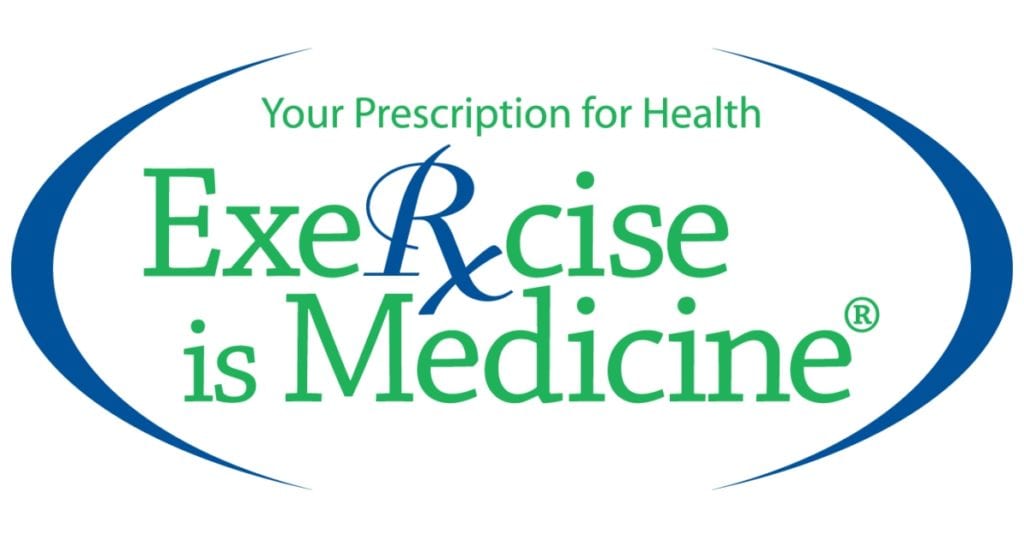The power of lifestyle as medicine goes back thousands of years, and there is now consistent scientific evidence to support its influence on health. Many types of heart disease are preventable, and preventive cardiology can help you reduce your risk.
Today, 6 in 10 Americans have a chronic disease associated with the way they live.
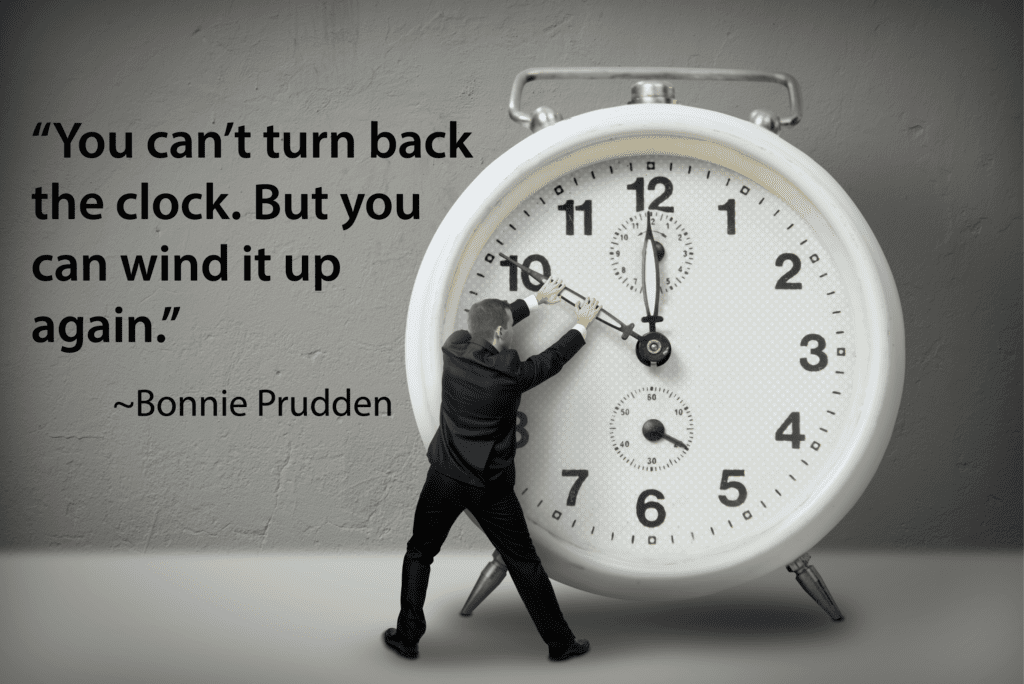
Lifestyle diseases characterize diseases that occur primarily as a result of a person’s daily habits, resulting in 80% of chronic diseases and premature deaths in the United States. Cardiovascular disease (CVD) is a leading lifestyle disease because to a great extent, it’s preventable through healthy lifestyle changes.
Some of the main contributing factors to your physical function and thus, your quality of life, include healthy lifestyle habits, such as good nutrition, exercise, a healthy environment, and a healthy mindset.
Chronic Diseases Linked to Lifestyle
Chronic lifestyle diseases and conditions associated with the heart and advancing age include:
- Cardiovascular disease – Affects nearly 50% of all Americans. One in five deaths are caused by heart disease. Children as young as 10 to 14 can show early signs of atherosclerosis (fatty buildup in the arterial wall). By the age of 40, about half of Americans have cholesterol deposits in their arteries.
- Diabetes – One in 3 Americans has type 2 diabetes and/or pre-diabetes. Unhealthy weight and an inactive lifestyle are responsible for 95% of cases in the U.S.
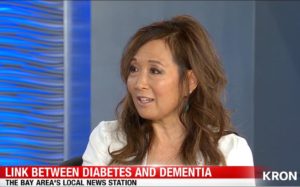
Karen Owoc, KRON 4 News’ Health Expert
People with diabetes are 50% to 65% more likely to develop Alzheimer’s, also known as, “type 3 diabetes”. They are twice as likely to have cardiovascular disease or have a stroke.
- Stroke – People with heart disease are 2-4 times more likely to have a stroke.
- Dementia – People with heart disease have a 27% higher risk of developing dementia. People diagnosed with coronary heart disease before age 45 have a 36% increased risk of developing dementia and a 78% greater risk of developing vascular dementia.
- Osteoarthritis – Knee arthritis is the leading cause of disability due to its significant impact on mobility, exercise intensity, and activities of daily living.
- Sarcopenia (age-related muscle loss) – Sarcopenia can greatly impact quality of life by reducing the ability to exercise and perform daily tasks. It can worsen existing cardiovascular conditions and increase the risk of developing heart disease due to reduced exercise capacity.
Chronic dieters and ‘yo-yo dieters’ are apt to lose even more muscle per decade because 25% of weight lost is muscle.
- Osteoporosis (low bone density) – Osteoporosis can lead to increased calcium build-up in the arteries leading to atherosclerosis and increased risk of cardiovascular events like heart attacks and strokes. Essentially, the body may deposit excess calcium in the arteries instead of the bones when bone density is low. An increase in bone loss at the hip is associated with a 130% increase in mortality from heart disease among women 65 years of age and older.
- Overweight / obesity – Over 80% of patients with cardiovascular disease are overweight or obese.
- Other sensory impairments (vision, hearing, touch)
Some of the major medical society guidelines and recommendations emphasize lifestyle as first-line medicine (i.e., lifestyle interventions), which integrates exercise, nutrition, sleep, a healthy mindset, and other “lifestyle” modifications.
Even in the absence of disease, physical inactivity can lead to physical impairments, such as muscle weakness, poor cardiorespiratory endurance, inflexibility, poor reaction time, postural instability, poor grip strength, and ultimately advancing age.
![]() Click on the “Get Started” button to begin your health fitness journey.
Click on the “Get Started” button to begin your health fitness journey.

Our mission is to guide you through your everyday health challenges and the daily wear and tear of aging, so you can live a full, strong, and vibrant life. We specialize in stopping the progression of structural aging by strengthening the foundation of your longevity – good balance and a healthy heart. We are preventive cardiology specialists with a deep, comprehensive understanding of risk factors for heart disease and can help lower your risk for having a first heart attack or stroke while also preventing further issues if you already have cardiovascular disease. Learn how to control how fast you age and secure your future independence and quality of life.

Live a Longevity Lifestyle
Exercise and nutrition are intimately related. Think of them as two wheels on a bicycle. If one is faulty or inadequate, you end up with a dysfunctional bicycle. Learn how to control how fast you age, how well you feel, and how functional you’ll be in your 50s, 60s, 70s and beyond. Click here to find out more!


Background
- Bachelor of Science in Kinesiology, concentration in Human Biodynamics
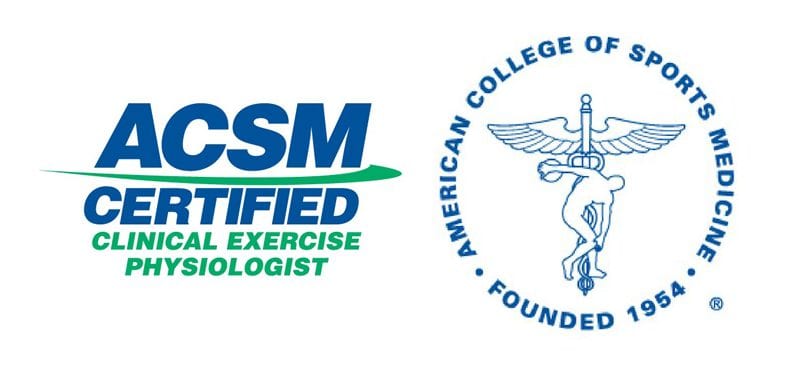 Certified Clinical Exercise Physiologist, American College of Sports Medicine
Certified Clinical Exercise Physiologist, American College of Sports Medicine- Certified Cancer Exercise Trainer, American College of Sports Medicine
- Pulmonary Rehabilitation Certificate, American Association of Cardiovascular and Pulmonary Rehabilitation
- Certified Memory Program Specialist, University of California, Los Angeles
- Certified Fitness Nutrition Specialist, American Council on Exercise
- Certified Corrective Exercise Specialist, American Council on Exercise
- Certified Balance Training Specialist, Zibrio
- Certified Living Strong, Living Well Instructor (cancer), Stanford School of Medicine
- 2014 San Francisco Peninsula Press Club Award
- 2008 Richard M. Aronson Special Service Award
What a Clinical Exercise Physiologist Is Qualified to Do
